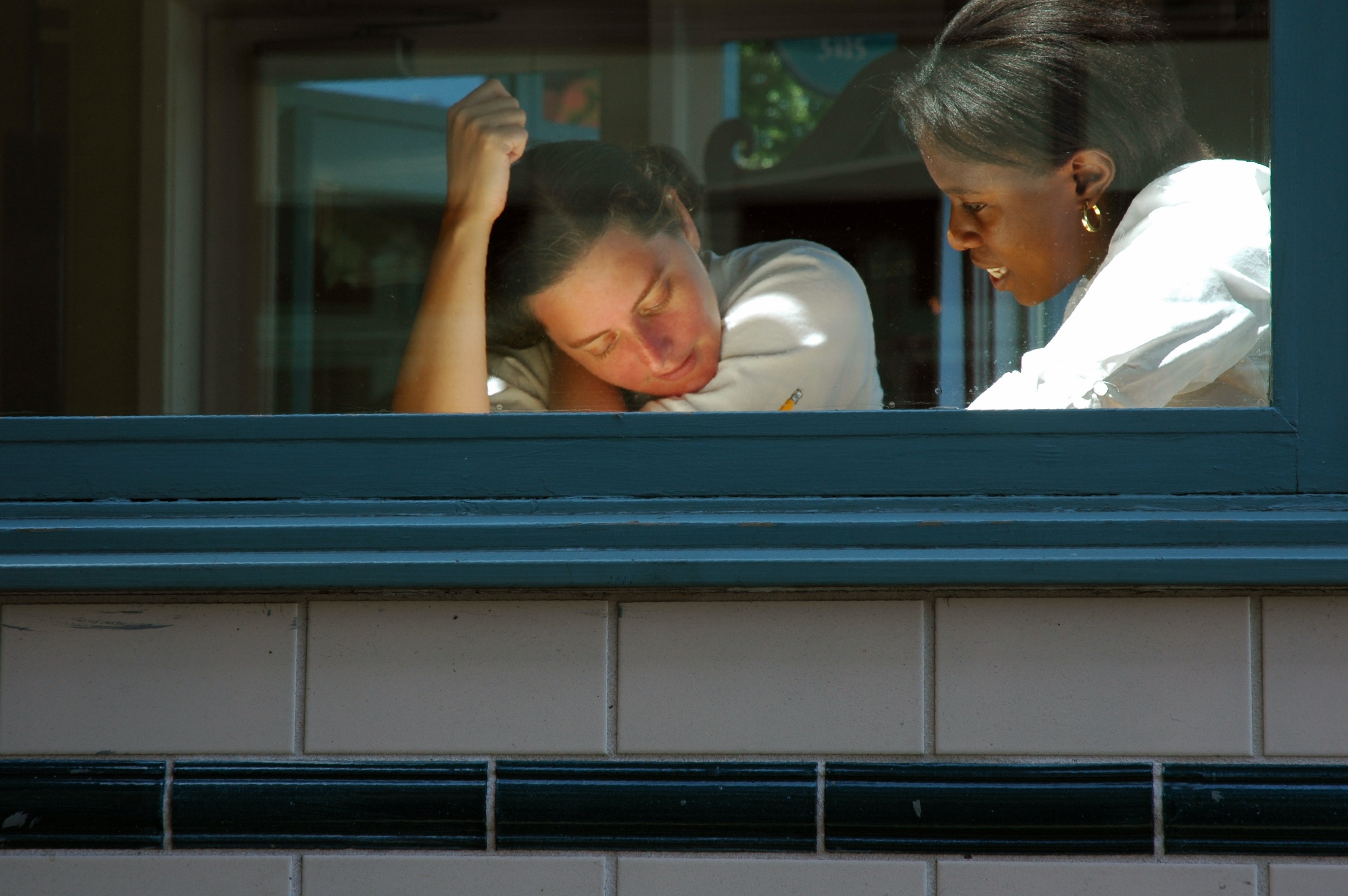
Talk Pedagogy
Talk Pedagogy - Year Two
The new Curriculum in Wales offers practitioners an unprecedented level of autonomy in constructing their own curriculum to meet the needs of their learners. As part of the National exploration of pedagogy, Welsh Government launched the ‘Talk Pedagogy’ initiative to support practitioners by providing a platform to deepen their understanding and professional learning.
As part of the ‘Talk Pedagogy’ initiative last year, Dr Sue Horder, Karen Rhys-Jones, Lisa Formby, and Tomos G. ap Sion from Wrexham University, along with several partnered universities and regional consortia, engaged in key research with a number of schools around Wales exploring the pedagogical approaches and principles schools need to consider when supporting their learners. The team held a number of meetings with the schools, encouraging an openness to discuss their ideas, experiences, values and needs, something the team have now refer to as ‘Dialogical knowledge curation’. Through this, the team formed meaningful, collaborative relationships with the practitioners, resulting in a co creation of powerful evidence-informed learning summaries on authentic learning experiences. These resources can be found on HwB and accessed here: Talk Pedagogy Research Summary Learning Resources
Due to its success, Talk Pedagogy has launched a further research project this year to understand how schools are changing their thinking around pedagogy and learning within Curriculum for Wales. Led again, by the universities of Bangor, Wrexham and South Wales, and supported by GwE, it explores the extent to which thinking and practice is shifting at national level. Changes in values, beliefs and practices are being explored with practitioners and senior leadership teams with schools in Wales through surveys, individual interviews and focus groups.
Content Accordions
-
Talk Pedagogy Year 1
The new Curriculum in Wales offers practitioners an unprecedented level of autonomy in constructing their own curriculum to meet the needs of their learners. To support them in achieving this, the new Curriculum provides practitioners with a supporting framework, articulating such things as what the overall aims of their curriculum should be, the principles they should make use of to help construct powerful learning experiences, and the types of learning experiences and developmental progress practitioners should aim to promote for their learners. However, innovatively, practitioners are free to determine how they operate within the framework of the new Curriculum. To support practitioners in achieving this, it is the ambition of the Welsh Government to facilitate practitioners in becoming more ‘evidence-informed’, encouraging and supporting them to draw on research to support their practice.
To help practitioners in achieving this pioneering vision, Dr Sue Horder, Karen Rhys-Jones, Lisa Formby, and Tomos G. ap Sion from Wrexham University, along with several partnered universities and regional consortia, engaged in key research as part of the Talk Pedagogy project. The Wrexham researchers worked with three primary schools in North Wales and in the Wrexham locality, supporting them in exploring a pedagogical approach of value to them. The researchers held a number of meetings with the schools, not only providing them with academic research, but also with encouragement and openness to discuss their ideas, experiences, and values. Through this, the researchers formed strong relationships of mutual support with the practitioners, helping them to explore the pedagogical approach of their choosing and to co-create powerful evidence-informed learning experiences.
While supporting schools, Wrexham University researchers made a number of key findings. Firstly, practitioners may find engaging with academic papers challenging, for instance, describing the process as “overwhelming”, “a lot to digest”, and “trawling”. However, practitioners found that if the research was summarised for them, then it was much easier to digest, describing the research summaries provided as “accessible”, “clear”, and “concise”.
Secondly, the researchers found that providing practitioners with research as well as supporting conversations could yield a number of benefits, including helping them explore and develop good practice, shifting their thinking, improving their pedagogical understanding, and increasing their confidence. Furthermore, learners may also enjoy number of social, personality, academic, and attitudinal benefits.
Together, these and further findings uncovered during the Talk Pedagogy project suggest an approach where researchers ‘do what they do best’ by building and supporting a research foundation for practitioners, and practitioners, doing what they do best, can then embed this foundation within their context. Through collaboration and discussion, both perspectives are brought together to forge an empowering learning culture.
Phase two of the Talk Pedagogy project has recently commenced, aiming to understand how schools in Wales have supported their practitioners in implementing the new Curriculum and to support schools in developing a common understanding of the key terms and concepts thereof. By being part of cutting-edge research in Wales, Wrexham University is playing a key role in education research and in transforming the experiences of learners in Wales.



